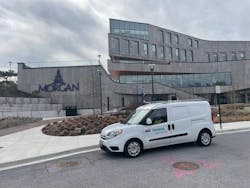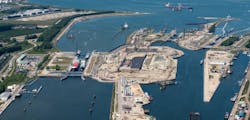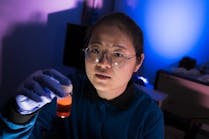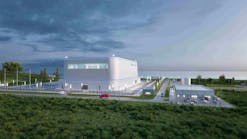Siemens helping Morgan State University complete Campus Energy Transformation
Morgan State University (MSU) of Baltimore has partnered with Siemens to build a smart and connected campus.
The move is part of its 10-year strategic plan, ‘Transformation Morgan 2030: Leading the Future.’ Morgan State is a historically black research university founded in the 1860s.
The improvement being implemented include the university’s heating, ventilation, and air conditioning (HVAC), security, and fire and life safety systems, with focus on sustainability energy efficiency and resilience. A master service agreement between the Maryland Clean Energy Center, Siemens and MSU has been signed to cover this campus transformation.
For the transformation, the firm is making substantial investment in clean and renewable energy solutions as well as undertaking systems integration and digitalization.
“In our strategic plan we set a deliberate goal of improving campus-wide infrastructure to support operational excellence and increase overall institutional capacity. One of the ways in which this can be accomplished is through strategic investment in our campus facilities,” says David Wilson, Ed.D., President of Morgan State University. “In order to grow into the leaders that they are destined to be, our students require a healthy, safe, secure, and resilient campus setting. Working in partnership with Siemens in developing a more sustainable learning/instructional environment for our community moves us in a positive direction.”
Siemens Financial Services is providing capital for the project.
“Sustainability and decarbonization have been core initiatives for Siemens for many years,” says Head of SFS Commercial Finance Americas, Markus Edstrom. “We are happy to see institutions such as MSU taking the initiative to reduce their carbon footprint by focusing on their energy efficiency, which falls directly in line with SFS’ vision to help even more small and medium-sized enterprises transition to net-zero in the future.”
“The vision of this partnership in the areas of energy conservation, decarbonization and STEM education will serve as a model for a Smart Campus by underlining our common commitment to sustainability and society,” adds Paul Hayes, president, Regional Solutions & Services, Americas for Siemens Smart Infrastructure USA.





